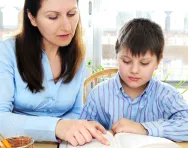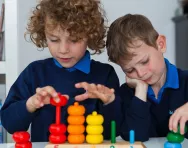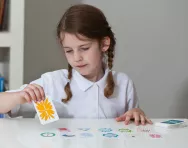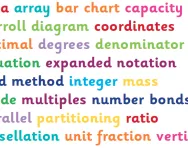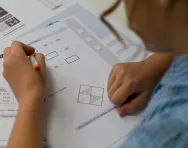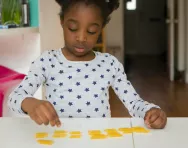Important update from TheSchoolRun
For the past 13 years, TheSchoolRun has been run by a small team of mums working from home, dedicated to providing quality educational resources to primary school parents. Unfortunately, rising supplier costs and falling revenue have made it impossible for us to continue operating, and we’ve had to make the difficult decision to close. The good news: We’ve arranged for another educational provider to take over many of our resources. These will be hosted on a new portal, where the content will be updated and expanded to support your child’s learning.
What this means for subscribers:
- Your subscription is still active, and for now, you can keep using the website as normal — just log in with your usual details to access all our articles and resources*.
- In a few months, all resources will move to the new portal. You’ll continue to have access there until your subscription ends. We’ll send you full details nearer the time.
- As a thank you for your support, we’ll also be sending you 16 primary school eBooks (worth £108.84) to download and keep.
A few changes to be aware of:
- The Learning Journey weekly email has ended, but your child’s plan will still be updated on your dashboard each Monday. Just log in to see the recommended worksheets.
- The 11+ weekly emails have now ended. We sent you all the remaining emails in the series at the end of March — please check your inbox (and spam folder) if you haven’t seen them. You can also follow the full programme here: 11+ Learning Journey.
If you have any questions, please contact us at [email protected]. Thank you for being part of our journey it’s been a privilege to support your family’s learning.
*If you need to reset your password, it will still work as usual. Please check your spam folder if the reset email doesn’t appear in your inbox.
How to help with maths homework: a non-expert's guide
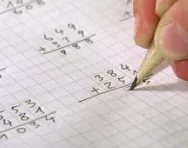
Your child brings you their maths homework and points out an instruction they don’t understand and asks for your help. Do you, a) bumble your way through? b) brush your child off, claiming you are ‘too busy’ to help, or c) approach the problem with the confidence that you know the answer?
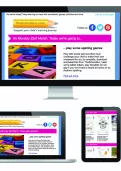
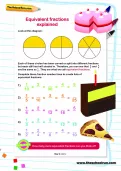
Start a unique learning programme!
- Weekly programme for each school year
- Worksheets sent direct to your inbox
- Keeps your child's learning on track
For many parents, the first two answers are the most common. Maths is taught in a different way from ‘our day’ and according to recent research, many adults lack basic numeracy skills with their maths knowledge being on par with a 10-year-old.
"I just can’t do maths"
Parents say this regularly but it doesn’t help their children argues Matt Revill, a deputy head teacher and author of I Know My Time Tables and The Parents’ Guide to Year 2 Maths. Revill says that parents probably have more maths skills than they realise: “Look for the uses of number all around us and see how you use these skills in everyday life, for example, timetables for buses, measuring weights or working out the family budget. How lost would you be without these skills that you do almost automatically now? Once you break down all of the different times in a day you use numbers and solve problems, you will start to see that you actually are a good mathematician!”
Revill warns against appearing negative, or speaking negatively, about maths to your children. “Children look to their parents for everything and if they see or feel you being negative about something, they will react the same way,” he explains. “Even if the idea of maths fills you with dread, try to be as positive as possible. This will help your child see it is something not to be scared of and will hopefully make their maths learning more enjoyable...and therefore easier for them!”
"How can I help my child when I’m not sure of the answers?"
Parents often think they must be fountains of knowledge with answers on tap, but many of us are stumped by our children's inquisitive questions. However, Revill suggests not knowing the answers every time might actually be helpful when your child is learning. “Children respond so much better if they see us as learning together with them,” he says. “I often used to find aspects of maths work difficult or worried about spellings but I always tell the children that we are learning together and need their help to support both my own learning as well as theirs.”
One easy way you can support your child’s maths learning is to get them to help out with the maths you do in everyday tasks. “Involve them in weighing out ingredients in the kitchen, ask them to help add up the shopping bill or see if they can work out how long it is until the next bus arrives. These simple tasks help them see the everyday application of maths,” says Revill. “Using fun games, songs and activities with children will also really help with learning together. Children learn best when they are having fun and playing maths games together is a great way to spend time with your child and support their learning.”



